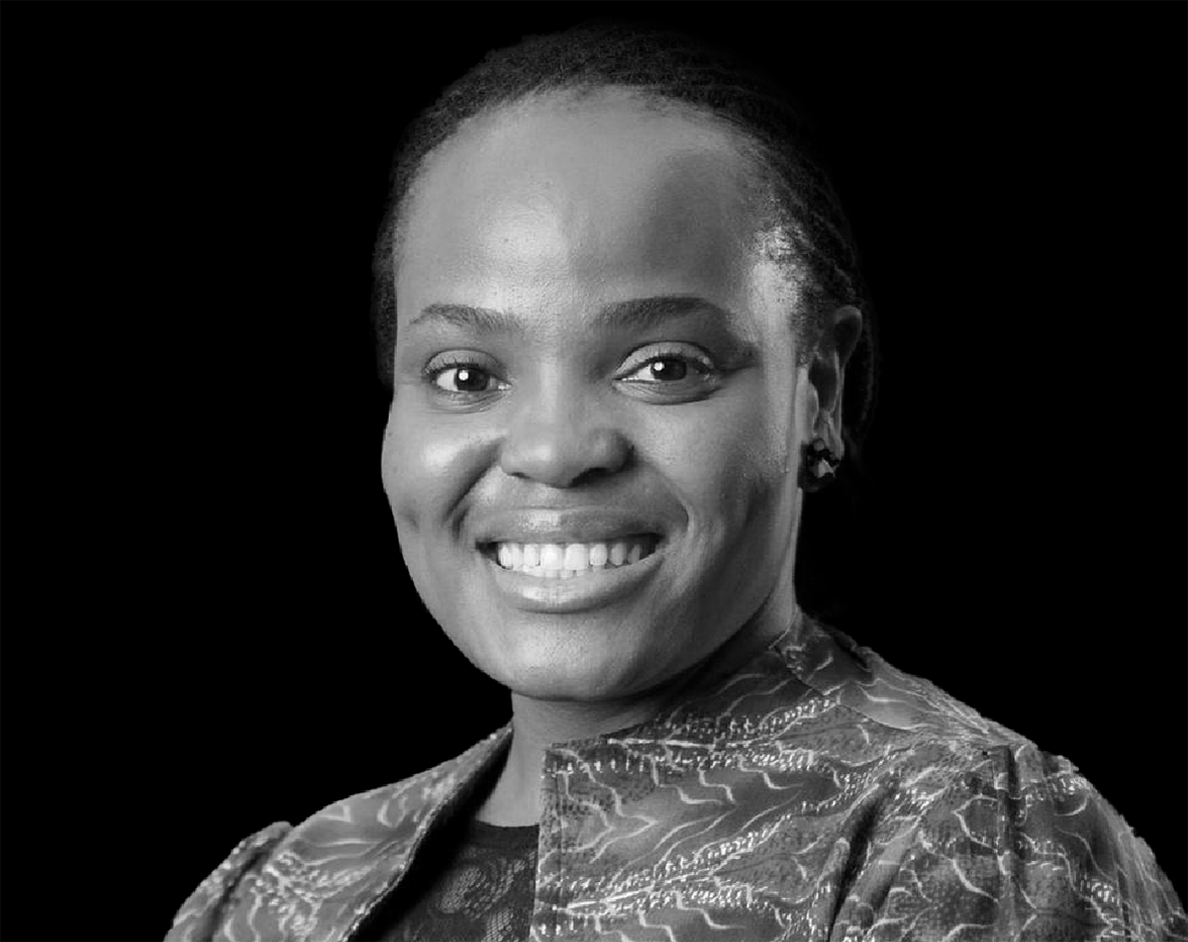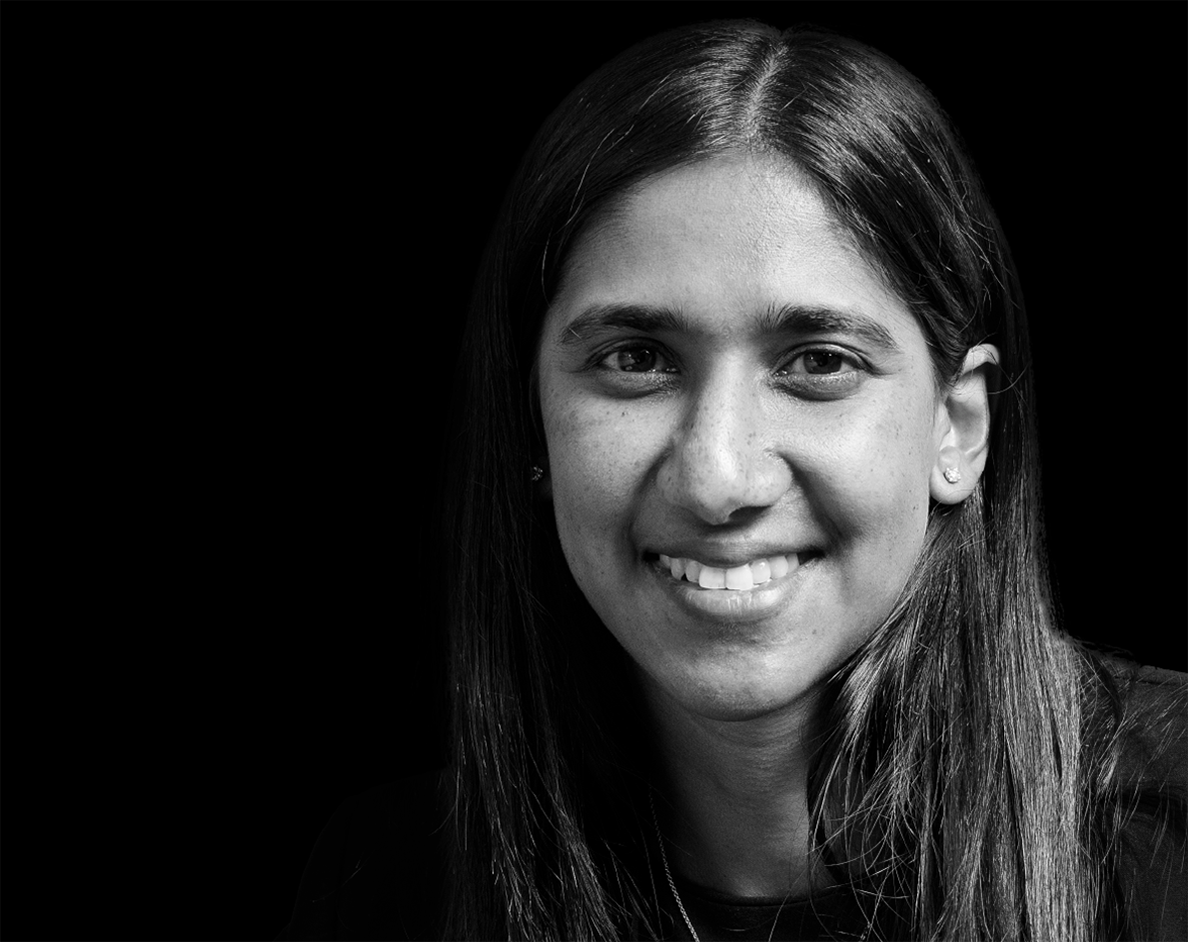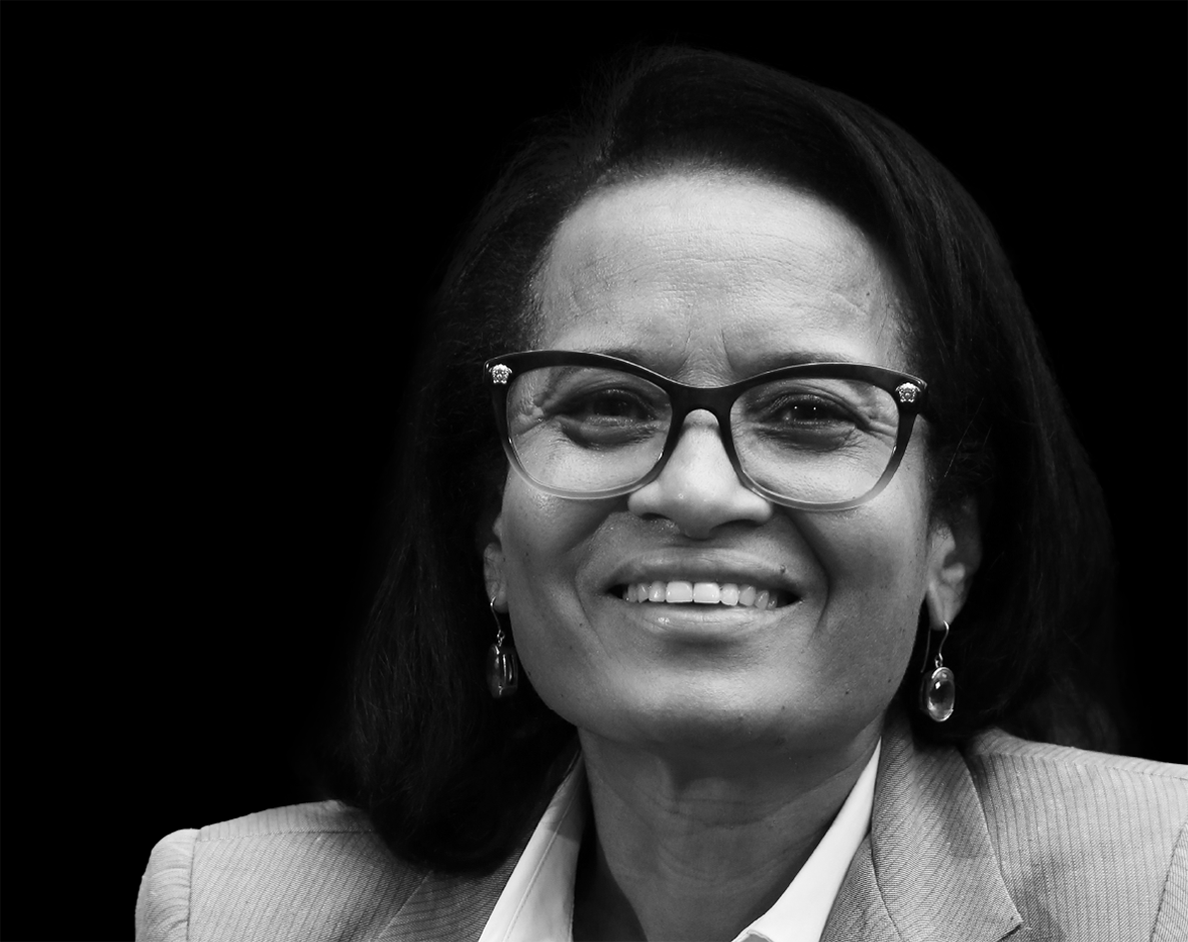Watch the video
The past year has placed severe stress on people and organisations as they’ve had to grapple with lockdowns and the knock-on effects of these. Leaders in business and civil society have had to show their resilience in the face of such severe stress – but many have gone further, building organisations that have not only withstood the blows, but are now better equipped to flourish in the years ahead.
In this ‘Women in Leadership’ webcast, launching on International Women's Day, we hear from some exceptional women leaders who draw on their experiences over their distinguished careers – and particularly during the pandemic – to give their insights on how to forge growing organisations in times of severe stress.
Our panel for the discussion is:
Nonhlanhla Mayisela – CEO – iZandla Property
Geraldine Fraser-Moleketi – Chairwoman – Tiger Brands
Samara Totaram – CFO – STADIO group
René Grobler – Head of Cash Investments and Intermediaries - Investec Bank SA
The panel draws on the concept of ‘antifragility’, a term coined by Nassim Nicholas Taleb (author of ‘Fooled by Randomness’ and ‘The Black Swan’). Taleb describes antifragility as the property of individual organisms or systems to increase their capability to thrive as a result of “stressors, shocks, volatility, noise, mistakes, faults, attacks, or failures”.
Prefer to listen on the go?
Listen to the full discussion.
Purpose, compassion, solidarity
The panelists emphasise how the Covid-19 crisis has made individuals and organisations examine and ultimately re-focus on what their purpose is. By doing so, we are in a better position to grow and flourish.

The worst thing that can happen out of this crisis is that we don't learn the lessons that we should and we settle into this new normal and adapt, but not become better.
Says Mayisela: "So, we used the opportunity as an organisation to redefine our purpose. And in a world where we are all connecting digitally, purpose does really connect us and keeps us going.”
Out of this purpose comes the key concept of understanding the human cost of the pandemic, in terms of loneliness and alienation, as well as being unable to connect with family as before.
Totaram agrees:
"It's about understanding the different backgrounds of your team. Some have young kids, some have kids at school and some have family with serious co-morbidities. You have to be flexible in accommodating the various staff.”
Says Fraser-Moleketi: “We've almost had a revolution where we've been able to go digital and online in a manner that we never imagined. But, that has also come at a cost in the form of loneliness and alienation. I think this is not sufficiently looked at by organisations.”
Mayisela talks about the building of consistency and compassion. “Consistency in a very uncertain time is critical for any team to focus on what the need and deliverable is. In times where a leader panics, there is great anxiety around where the business is going to be in a couple of months’ time. So you have to be consistent in the message that you put across to your team.”
Mayisela adds that in her experience, this has been an area where women leaders have shown their mettle: “I actually thought women panic more than men, but to the contrary, in my experience during this time is it's certainly been the opposite.”
“Compassion was also critical during this time – I realised that the one thing that the team needed was that sense of reassurance and compassion,” she adds.

It's about understanding the different backgrounds of your team. Some have young kids, some have kids at school and some have family with serious co-morbidities. You have to be flexible in accommodating the various staff.
This includes creating an environment where people can take a break. “It's definitely something that I promote amongst my team,” adds Totaram. “To allow them to step up and say, ‘I am exhausted; I cannot concentrate; I cannot give my all.’”
Fraser-Moleketi adds that solidarity – between communities and countries – is also an important quality to foster during a crisis. She draws on her own experience of dealing with a virus – the deadly Ebola virus. She explains:
“When I was at the African Development Bank at the peak of the Ebola pandemic, we, together with the World Health Organisation were very clear that we can't off Liberia, Guinea and Sierra Leone because if the countries were completely isolated it was going to impact on the livelihoods of people – a similar debate to what we have today around lives vs livelihoods.
“The women of Liberia and Sierra Leone actually wrote to me and said we need you to come and meet with us; we have challenges, and our problem is not only what happens during Ebola it's how do we ensure that the women are able to bounce back and be in a better position post Ebola?"

And I think that was an incredible moment that the women there reached out and said we're looking to the future even though the current situation looks dismal.
"We as the African Development Bank said we've got to respond and our response was to fly in and to say to everyone you cannot cut off these countries.”
Many organisations are learning how diversity can be a strength in these situations. Says Mayisela: “The purpose of diversity is to bring different thinking, robust thinking, whereby ultimately you come out with a better answer. Women can provide a different voice.”
Adding to her point about women not being flustered under pressure, she highlights women's ability to be measured and to assess the situation from a position of calmness and not crisis. “I also think women are able to see beyond what's in front of them in any situation,” she adds.
One of the key messages for individuals and organisations looking to thrive as we come out of the pandemic, and which pulls together the concepts above, is the willingness to draw on those around as. As Grobler notes, it takes a village to raise a child. However, this is also true about running a team or organisation, perhaps especially for women.
Says Totaram: “You cannot solve the world's problems on your own. There is strength in the collective, so ask for help and give up stuff – because there is no point stretching yourself thinly.”
Emerging stronger
Finally, how do organisations emerge from the other side, stronger and more ‘antifragile’?
Fraser-Moleketi says Covid-19 has put the focus on issues that were always there but which were perhaps not fully appreciated, such as inequality. It has also focused the minds on the things that organisations need to concentrate on.
The first of these is about recognising the importance of human capital. “The people in an organisation are the lifeblood of what really makes things work,” she says.
“I think there's a need for work environments to take into account the circumstances of their workforce and ensure that they provide the support systems required.”
Secondly, it’s about the importance of strong institutions and systems. “Where you really see complete collapse is where there's an absence of strong institutional structures,” she points out.
Finally, these structures or institutions need to be adaptable and be able to respond to a situation.
About the author

Patrick Lawlor
Editor
Patrick writes and edits content for Investec Wealth & Investment, and Corporate and Institutional Banking, including editing the Daily View, Monthly View, and One Magazine - an online publication for Investec's Wealth clients. Patrick was a financial journalist for many years for publications such as Financial Mail, Finweek, and Business Report. He holds a BA and a PDM (Bus.Admin.) both from Wits University.
Get Focus insights straight to your inbox

